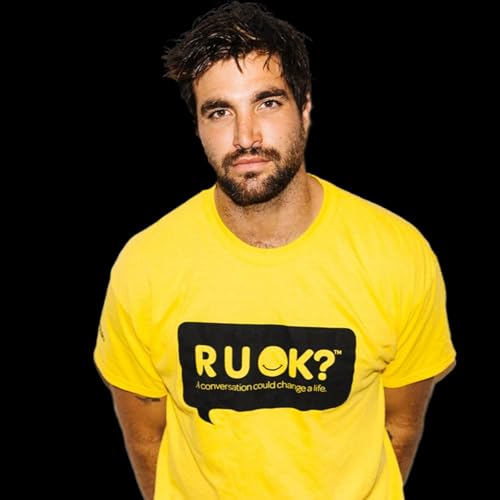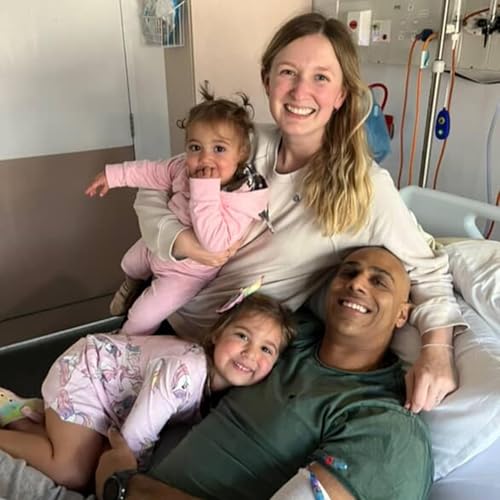In a famous study, people were asked to sit quietly in a room for 15 minutes. They’d previously tested a mild electric shock and said they’d pay to avoid it. Yet when left alone, they were given access to a shock button.
Despite there being no reward, 67% of men and 25% of women chose to zap themselves during the experiment (Wilson et al, 2014).
Conclusion: Many participants found it so uncomfortable to be alone with their thoughts, that they preferred a painful distraction.
Bored much? You’re not alone.70% of people report feeling bored at least once a day (ZipDo, 2025).
Boredom is linked to higher risks of depression and anxiety (APA, 2023), it reduces motivation and productivity (ZipDo, 2025), and is associated with greater impulsivity and risk-taking (Mercer & Eastwood, 2010).
How can you be bored in 2025?!We live in an era of endless entertainment. Every notification and piece of content delivers a dopamine hit that trains the brain to crave novelty.
The more stimulation we get, the less satisfied we feel. Slow, quiet activities are often uncomfortable, and the idea of sitting alone with your thoughts becomes unbearable. This cycle increases boredom, while making us feel more restless and anxious (Tam & Inzlicht, 2024; Lumende, 2025).
We don’t even last 1 minute!New research from Ohio State University (2025) monitored participants using computers at home and in the office, tracking how long they stayed focused on a screen-based task before switching to another.
The average was 47 seconds, down from 2.5 minutes in 2004.
📌 Important to note: This doesn’t mean people can’t focus for longer periods. It shows how our digital habits and susceptibility to distraction continually breaks our focus.
Can you handle doing nothing?Boredom tolerance is the ability to sit with stillness without rushing to distract yourself.
People with low boredom tolerance reach for their phone, snack or some other stimulus right away.
Those with higher tolerance can handle silence, use downtime to reflect, and stay more in control of their focus. It builds patience, strengthens focus, and creates space for creativity and reflection.
Build up your boredom tolerance.
Practice waiting in line or sitting quietly for a few minutes without reaching for your phone.
Focus on doing one thing at a time instead of multitasking.
Use quiet moments to notice your thoughts rather than escape them.
Keep practicing. Like a muscle, boredom tolerance strengthens with training (Robinson, 2019; Wilson et al., 2014).
 1 時間 2 分
1 時間 2 分 2025/09/2453 分
2025/09/2453 分 2025/09/171 時間 8 分
2025/09/171 時間 8 分 2025/09/161 分
2025/09/161 分 2025/09/1052 分
2025/09/1052 分 59 分
59 分 2025/08/253 分
2025/08/253 分 1 時間 18 分
1 時間 18 分

